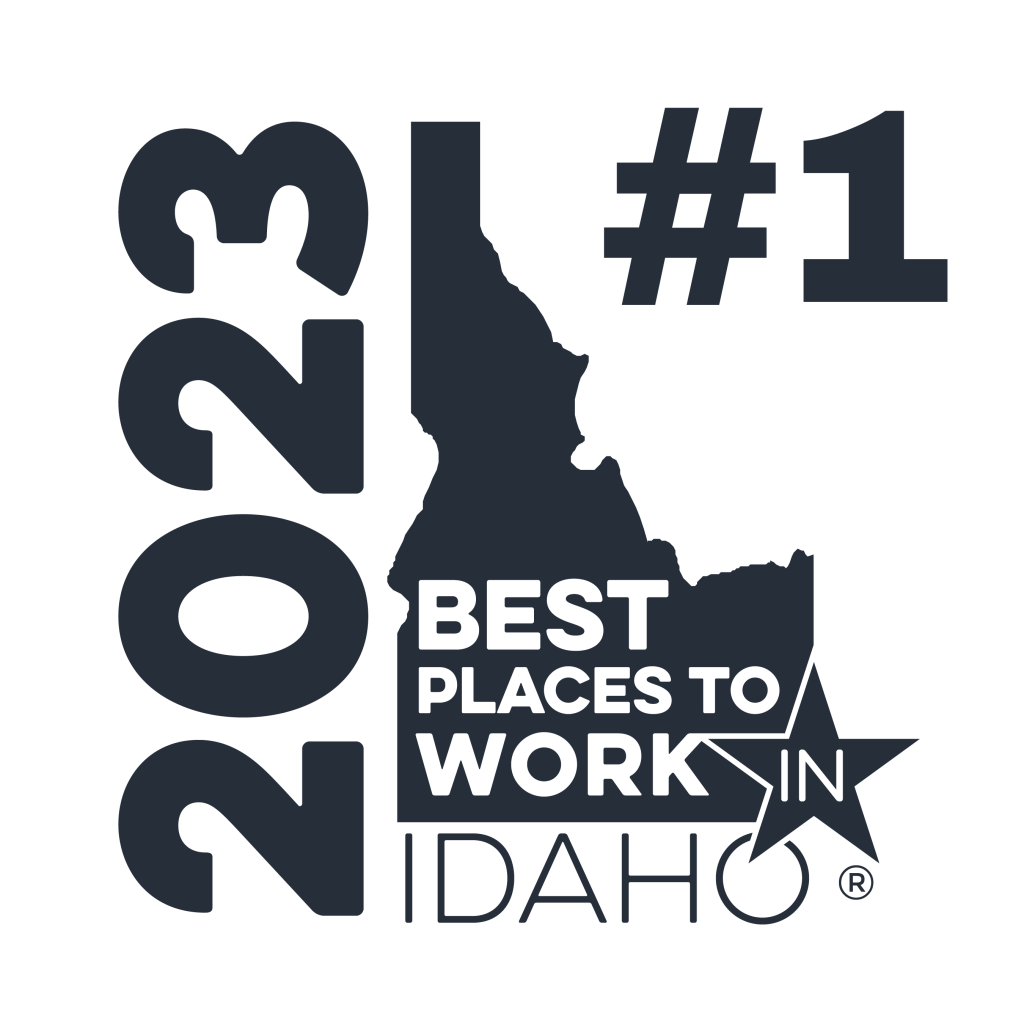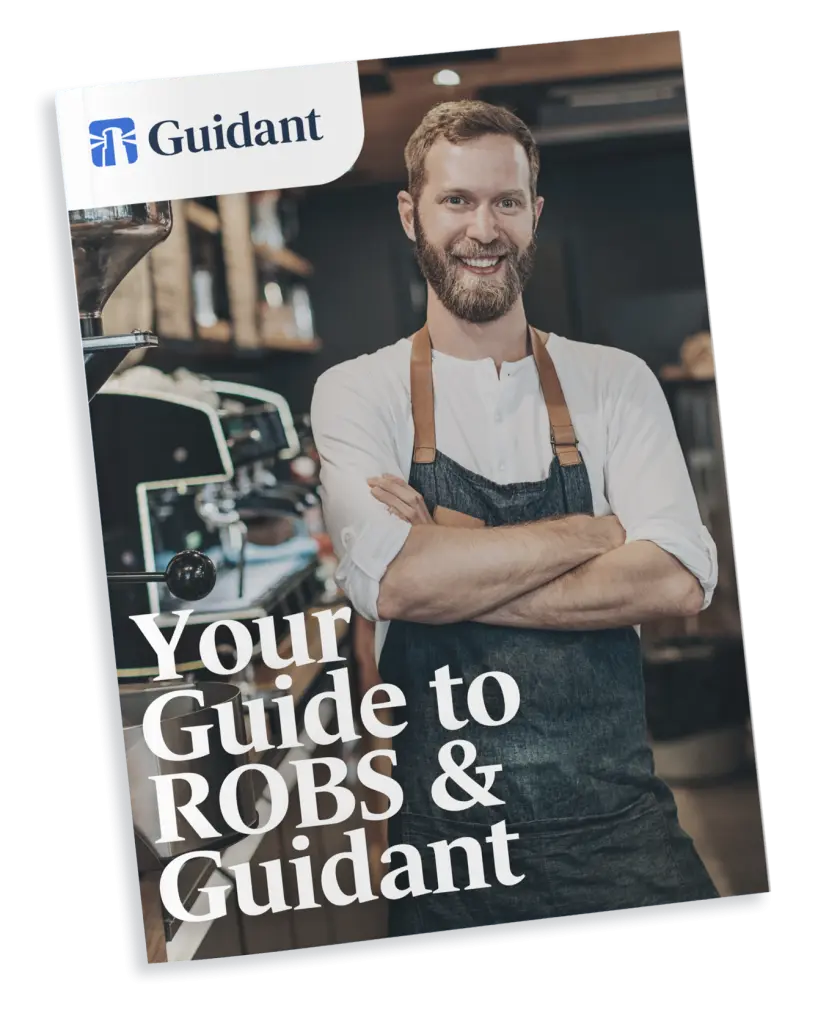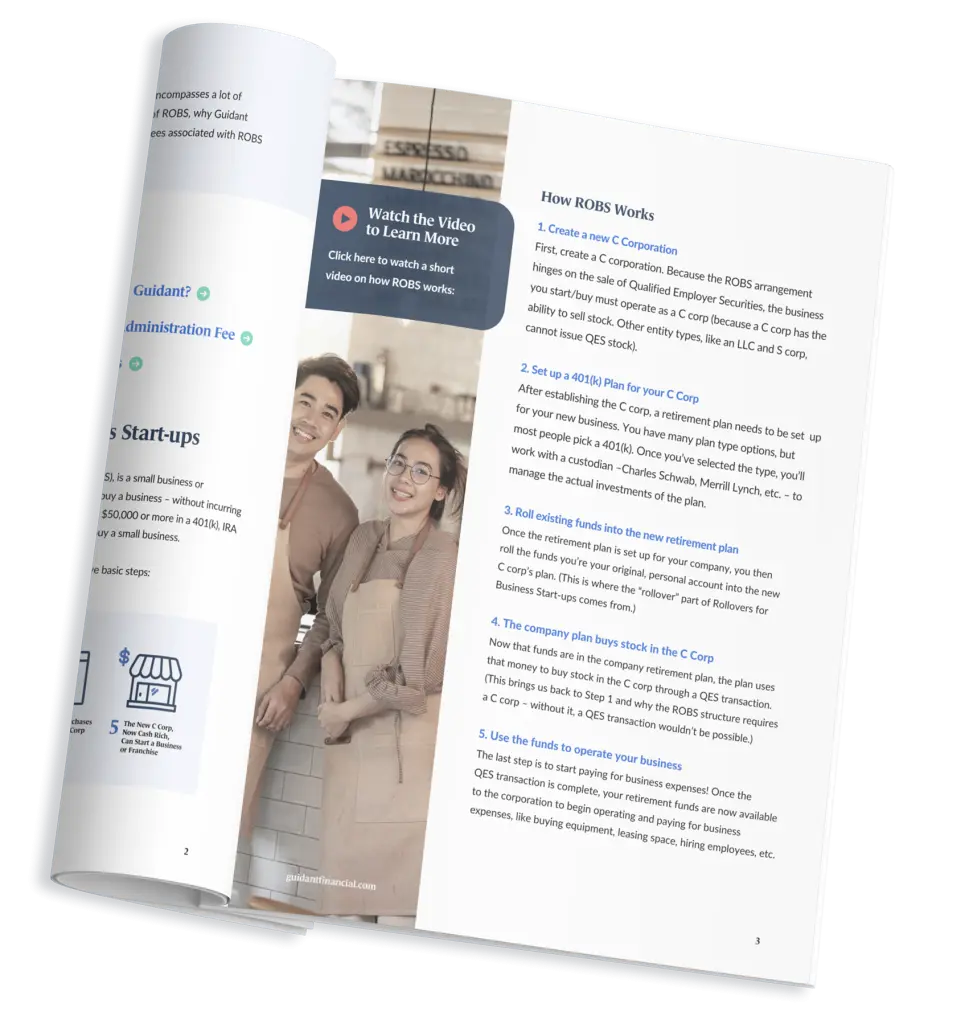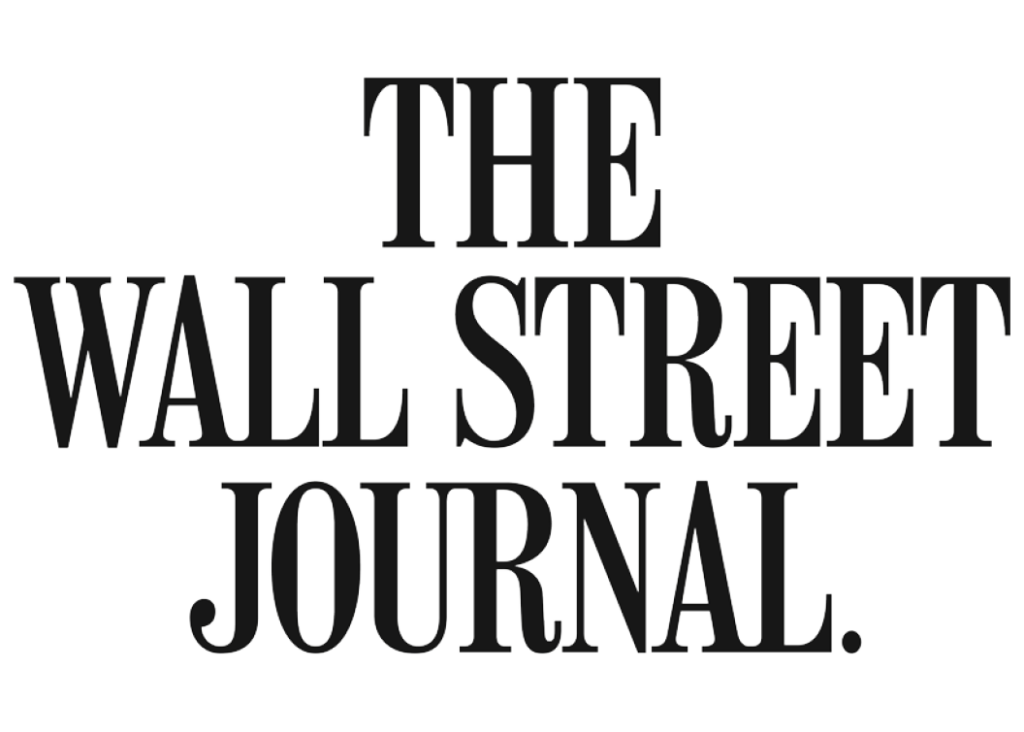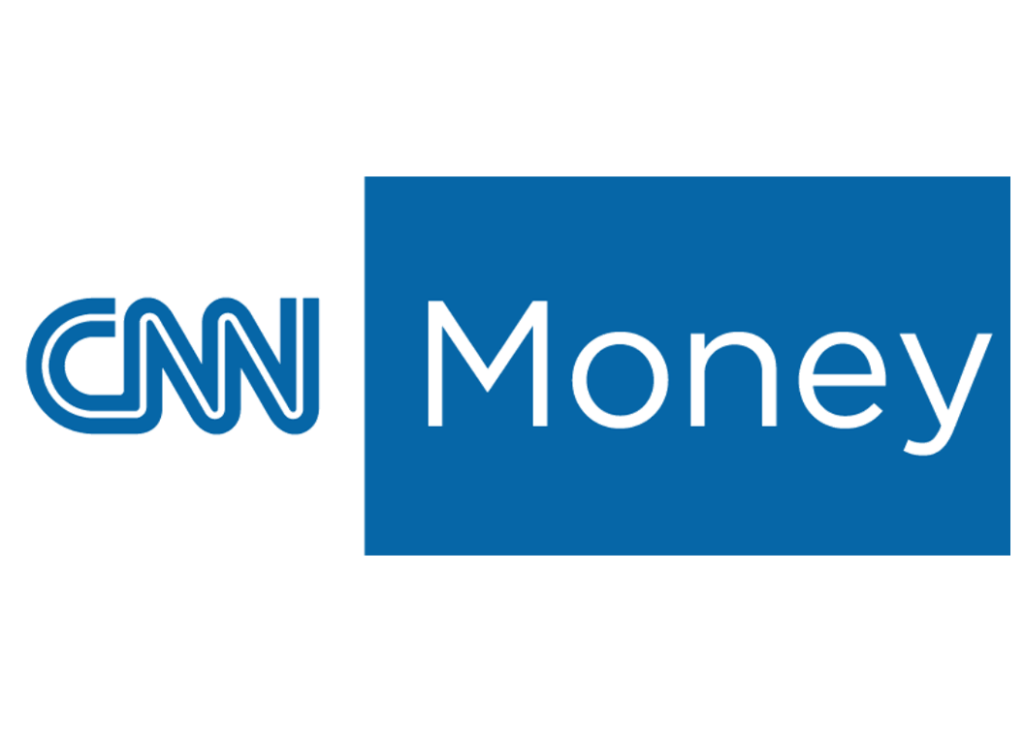If you’re in the market for funding, a loan backed by the U.S. Small Business Administration (SBA) can be a great idea. SBA loans are designed to provide small businesses with access to affordable capital for various needs, ranging from startup costs to expansion. But there are many SBA loan requirements and deal breakers you should know.
Join us in this exciting journey through the ins and outs of SBA loans, where we’ll uncover the key requirements and unveil the top deal breakers.
You Need the 5 C’s
To be successful in the SBA application process, you need to meet standards in the following categories, known as the five C’s. They are:
- Character: Lenders want to know your standing in the business community, including your experience and time in business. Character can also include examining markers of your personal character, such as any arrest records.
- Cash flow (sometimes known as “capacity”): Lenders want to know that you can comfortably pay back any loan from your business’s finances. They scrutinize the business’s cash flow metrics and financial statements to make sure you can. Note that these will include both historical financial statements and cash flow predictions.
- Collateral: Lenders want to see collateral, so they take as little risk in making the loan as possible. They may want to collateralize your assets, including a home. Lenders can call on the collateral if your business defaults on the loan.
- Credit: SBA lenders will ask for your credit report from the major credit bureaus. They set their own business and personal credit score requirements. You will have to meet these, which likely need to be in the very good to excellent range due to the competitive nature of SBA loans.
- Conditions: Lenders will examine the overall conditions for your business, by industry and sector, with an eye to whether they are healthy or in the doldrums, and assess how much those conditions may affect your specific business.
Note: Some lenders also look at a category known as “capital” to assess whether you have enough for an SBA loan down payment. These can run as high as 30 percent of the loan amount.
Interested in learning more about SBA loans? Check out our Complete Guide to Everything You Need to Know About SBA Loans.
Top SBA Loan Deal Breakers
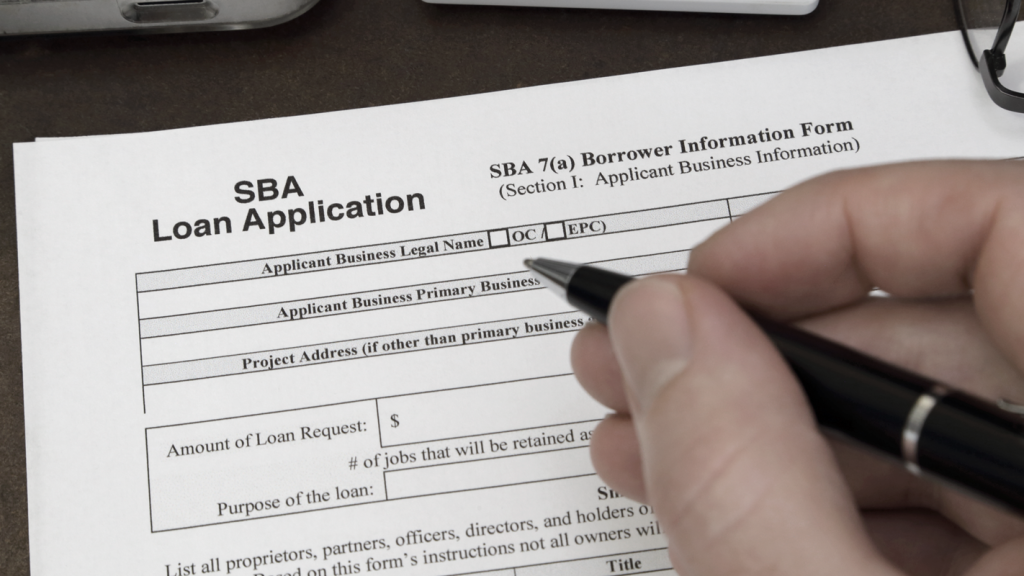
To obtain an SBA loan, you must apply through a participating financial institution (such as a bank or credit union). The SBA guarantees 50 percent to 90 percent of the amount. The guarantee reduces the lenders’ overall risk, resulting in more advantageous terms.
The most common SBA loan, the 7(a), allows small business owners a maximum loan of up to $5 million for a number of purposes, including working capital, furniture, fixtures and supplies, and refinancing of business debt. The interest rates and terms are more advantageous than the average business loan. But SBA approvals are low. Only about 10 percent of SBA loan applications receive a green light. Both the SBA itself and the financial institution impose a number of requirements intended to safeguard the SBA guarantee and the financial institution’s risk.
To improve your chances of SBA approval, it’s very important to know the basic SBA loan requirements and be aware of any elements that will stop the loan process in its tracks. Knowing both the overall SBA loan requirements and potential deal breakers can help aspiring and current business owners put themselves in the right position when applying for SBA loans or help them consider other more flexible business financing options.
Now that you know the five C’s of SBA loan eligibility, let’s further dive into the top six SBA loan deal breakers.
1. Defaults or Arrears on Government Loans
An SBA loan is not the only loan type guaranteed by the Federal government. They also guarantee student loans and some types of mortgages, such as those from the U.S. Veterans Administration (VA) and other agencies. If you have any government-backed loan and are either in default or have arrears on it (you aren’t up to date in payments), it can significantly hurt your chances of getting SBA loan approval.
It may be possible to get approval if you’ve missed only a few payments and can make them before applying. It’s prudent to talk to the lender to see if that’s the case.
2. Felonies and Other Criminal Activity
A felony is a serious crime that can affect your character rating and almost certainly curtail your chances of receiving an SBA loan.
Other criminal activity may negatively affect your chances, too. Misdemeanors are less serious crimes, but they may count against you. Violation of probation can also be a deal breaker.
3. Credit Score and Other Requirements
It’s a good idea to check with multiple lenders about the credit scores they require for specific types of SBA loans. Lenders can vary, but if you don’t meet their minimum, you will not likely get a loan with that institution. Be aware that banks will likely look at both your personal and business credit score if the latter is available. Lenders may be more flexible with startup loans. Still, bad credit or a rocky credit history are likely to be deal breakers.
In fact, when you’re actually in the market for an SBA loan, it’s key to discuss all the requirements. Lenders often vary in their requirements, and some stress some parts of the 5 Cs and not others. A given lender, for example, may ask you to collateralize your house, but another may not.
4. Specific Timing Needs
At times, your business may need a loan that depends on specific timing. Perhaps your suppliers can offer a very good deal on raw materials within a specific window, for instance, and you’d like to capture low costs with the loan. A loan needed by a specific end date is not a great candidate for an SBA loan, even if you meet all the requirements.
The approval and processing time for an SBA loan is longer than many other financing forms and can take several months. Again, SBA loans are very popular due to their advantageous terms, and the high number of applications can create a bottleneck.
Processing time is often shorter for other types of business financing, including other types of business loans and alternative funding strategies such as Rollovers for Business Startups (ROBS). ROBS allows you to use your retirement savings to fund your business debt-free — with zero penalty fees. Plus, you’ll likely get funded fast with ROBS, typically in under a month.
Discover debt-free financing with Rollovers for Business Startups (ROBS). Learn about how ROBS works here.
5. Failure to Meet Qualifications
Both lenders and the SBA require minimum qualifications of applicants. Failure to meet these qualifications can knock you out of the box for approval.
Familiarize yourself with the 5 C’s and talk to prospective SBA lenders about their qualifications.
The SBA itself requires that you be in a for-profit business in an eligible industry. They do not allow funding in certain sectors, such as gaming or lending, for example. You must do business in the United States or its possessions. You must also show that you have a need for loan funds.
6. Nondisclosure Agreements
It is increasingly common for business to require nondisclosure agreements with various parties. If, for example, you want a loan to roll out a new product with the capability of disrupting the field, you likely want to make sure that there is no possibility of your project leaking to competitors. Similarly, if you are planning an acquisition with the loan funds and don’t want word of that to travel to the larger community, you may want to use nondisclosure agreements.
SBA lenders, however, may be highly reluctant to work with nondisclosure agreements if they see it as impeding the information flow they need to assess your qualifications. They are, first, unlikely to agree to any request to sign such an agreement themselves.
In addition, finding out whether you meet the 5 C’s and other requirements may necessitate asking people in your field for information (such as questions about your business standing, for character, or about likelihood of sales, for cash flow). If they can’t get this information to their satisfaction because of other nondisclosure agreements in place, that may negatively affect the loan approval.
Looking to fund your business dreams? See our Top 7 Best Options for Business Funding.
Guidant Financial Can Help You Get Funded
Here at Guidant Financial, we’re passionate about empowering small businesses. Business funding isn’t just a service we offer — it’s our commitment to fueling your success. Every day, we guide businesses through the intricacies of securing SBA loans, ensuring they’re primed for growth. But that’s not all. If the journey to an SBA loan feels daunting, fear not. We’re equipped to explore alternative funding avenues tailored to your needs. From the flexibility of ROBS, which taps into your retirement funds for fast-track financing — to many other business funding options — we’re here to pave the way. Reach out to our team of financing specialists today, and let’s chart the course of your business’s financial future together.
Call us today at 425-289-3200 for a free, no-pressure business consultation to get started — or pre-qualify in minutes for business financing now!
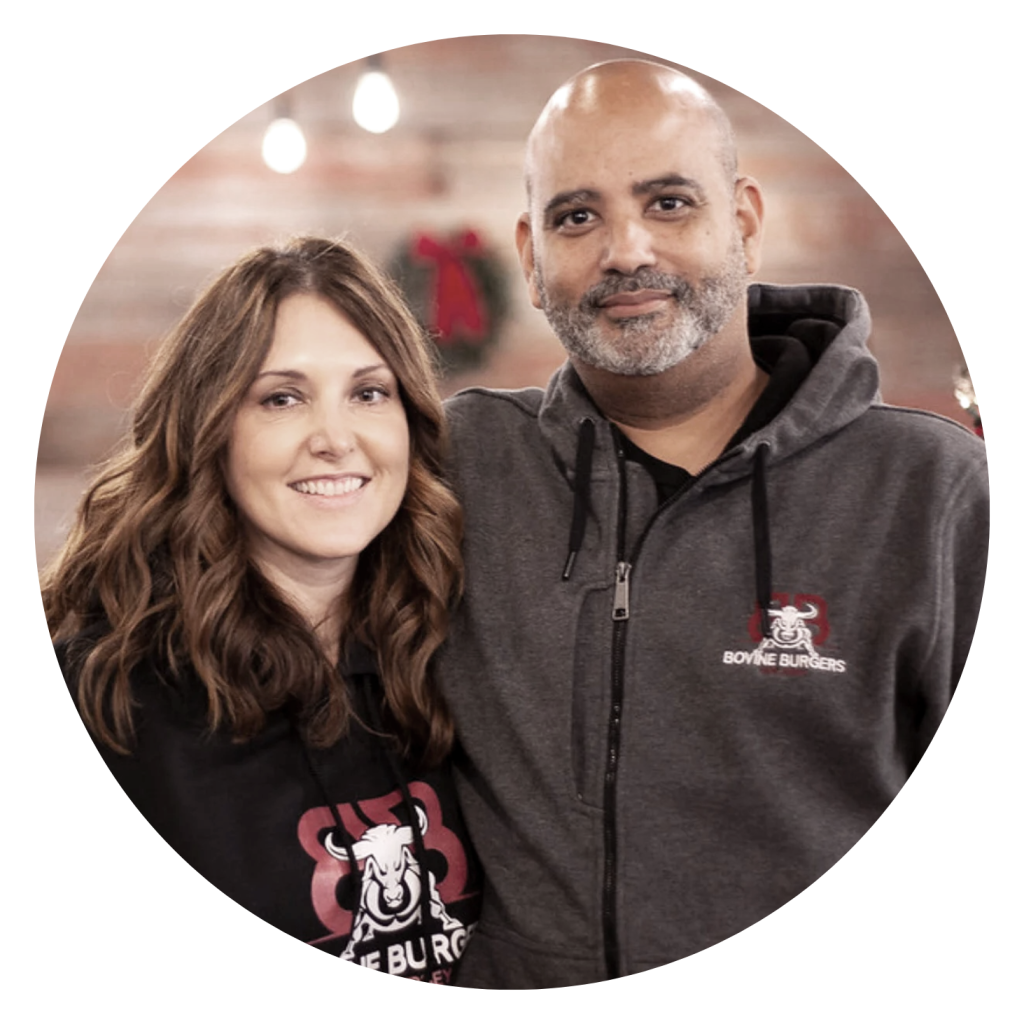
“If you’re committed to it and you have a vision, then Guidant is the way to make it come to life.”
— Marc Warner, Bovine Burgers
Read the stories of REAL small business owners who work with Guidant.










